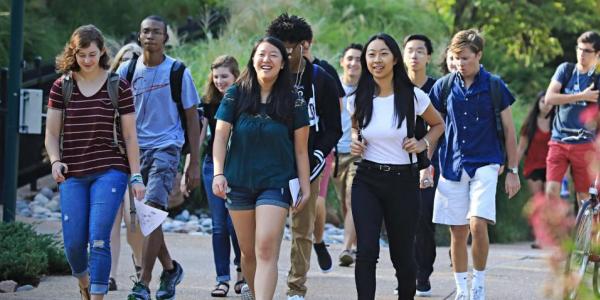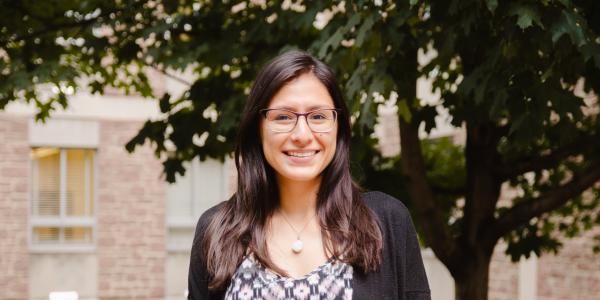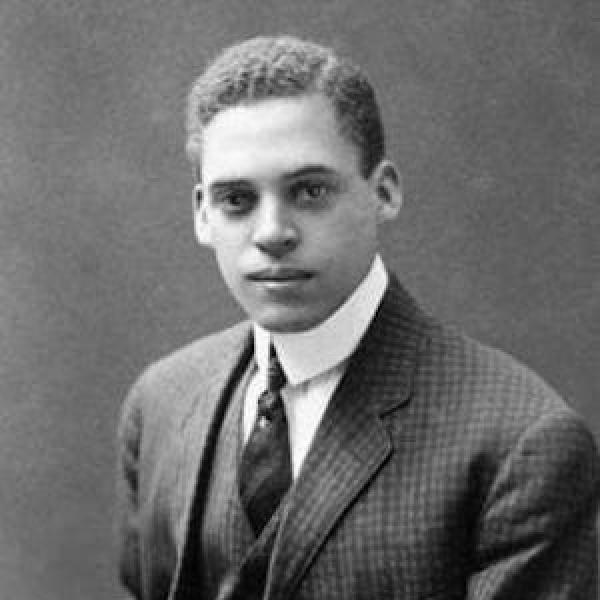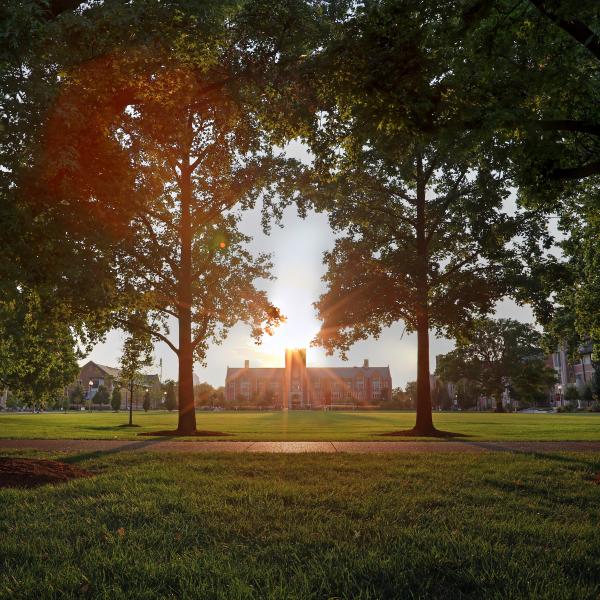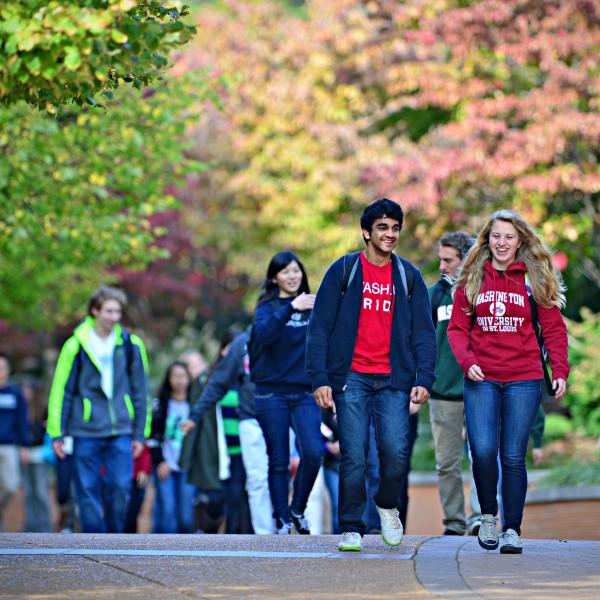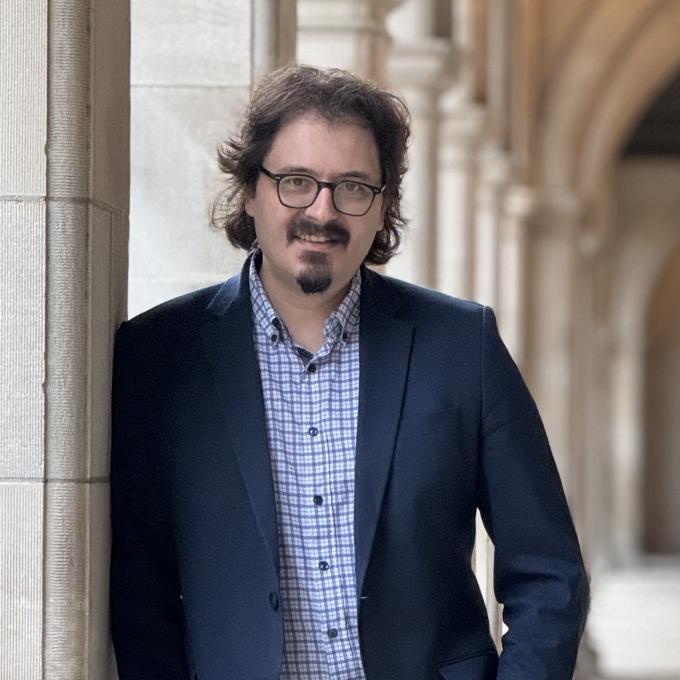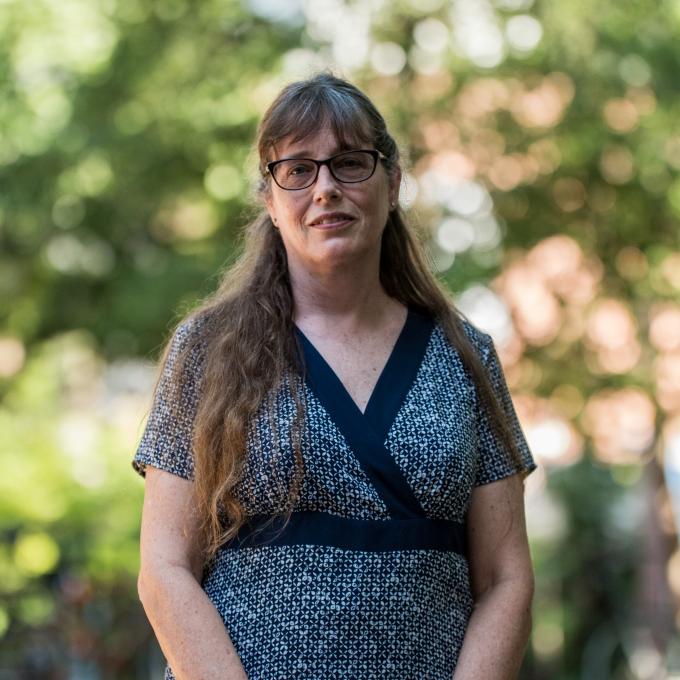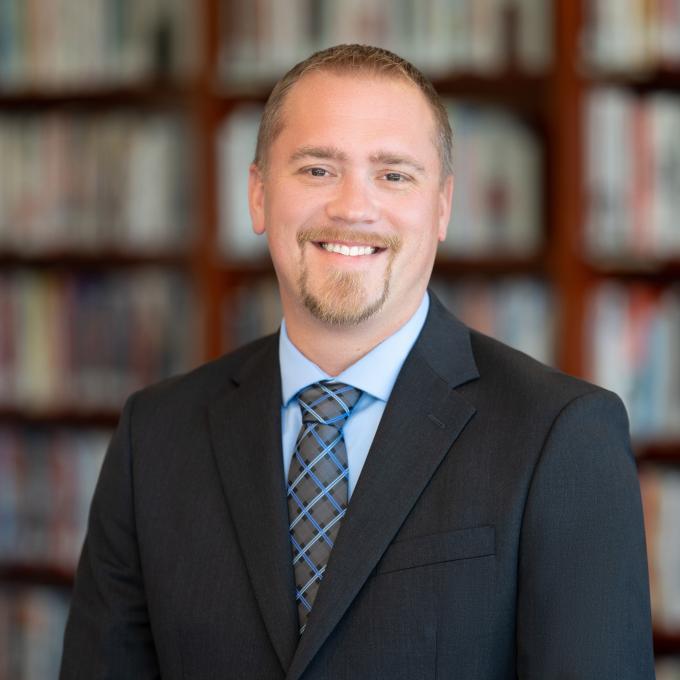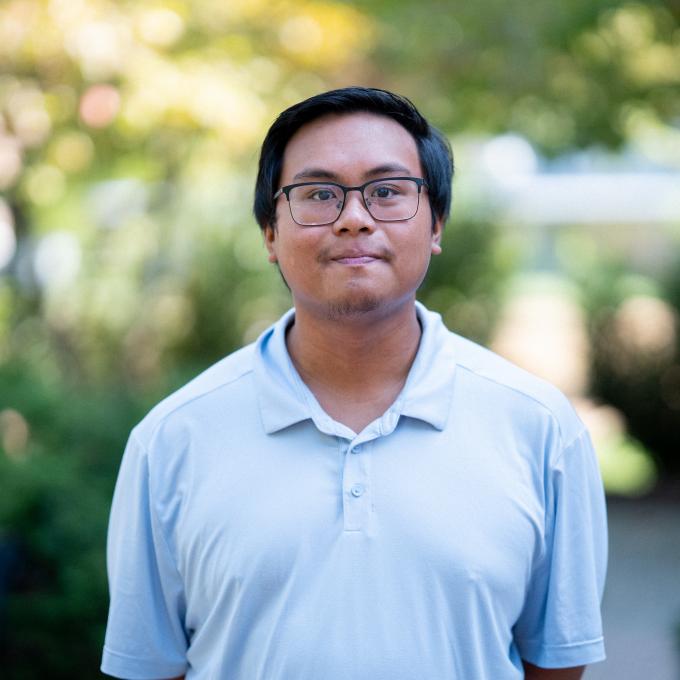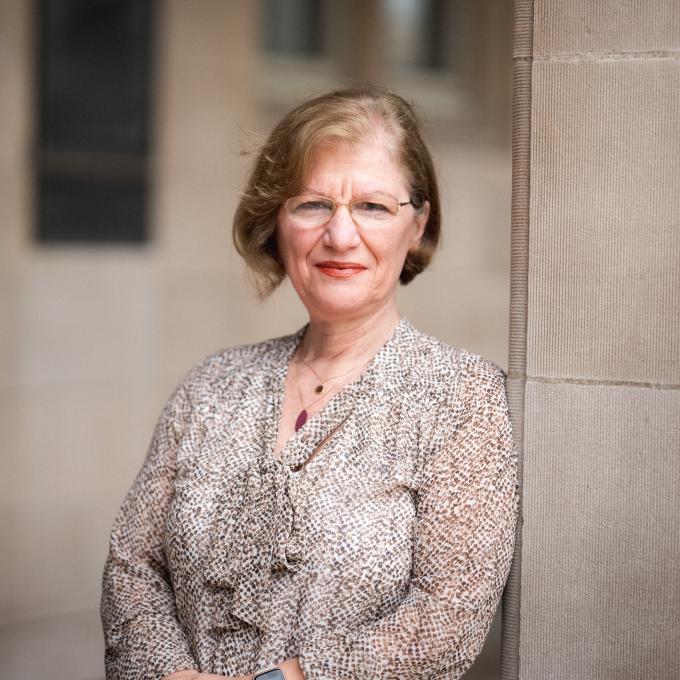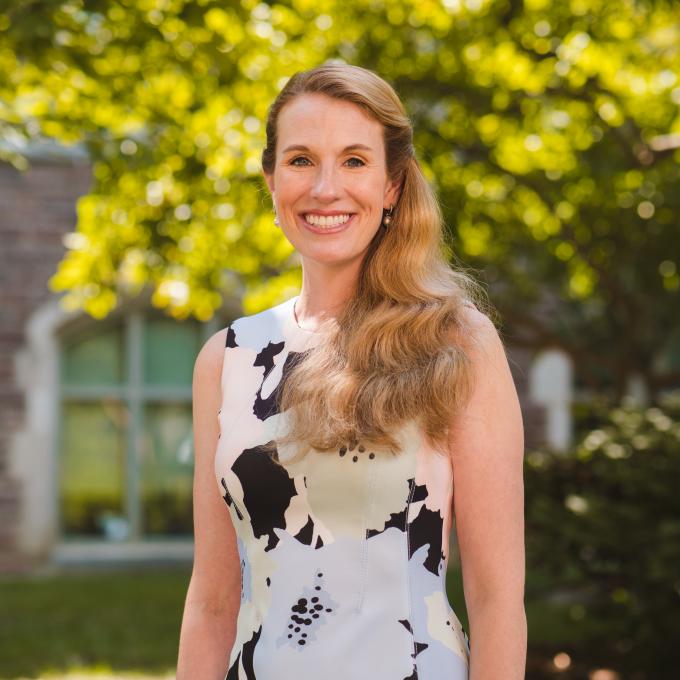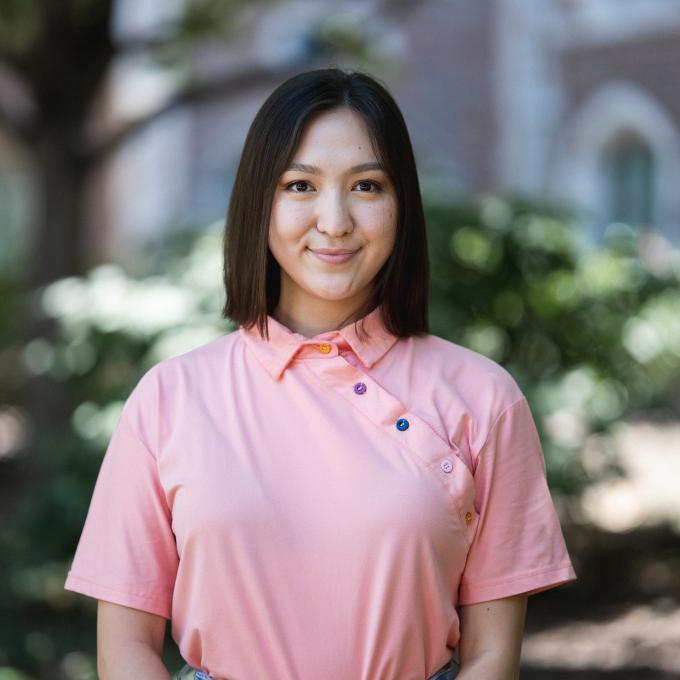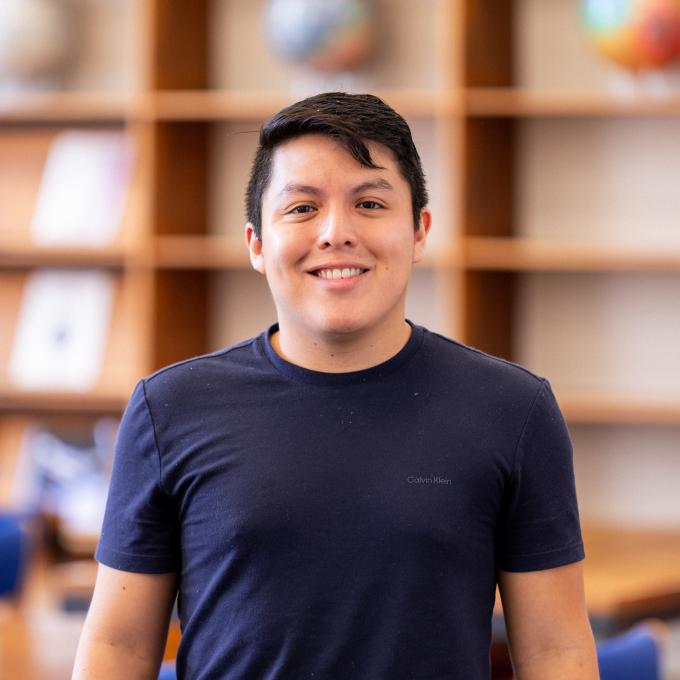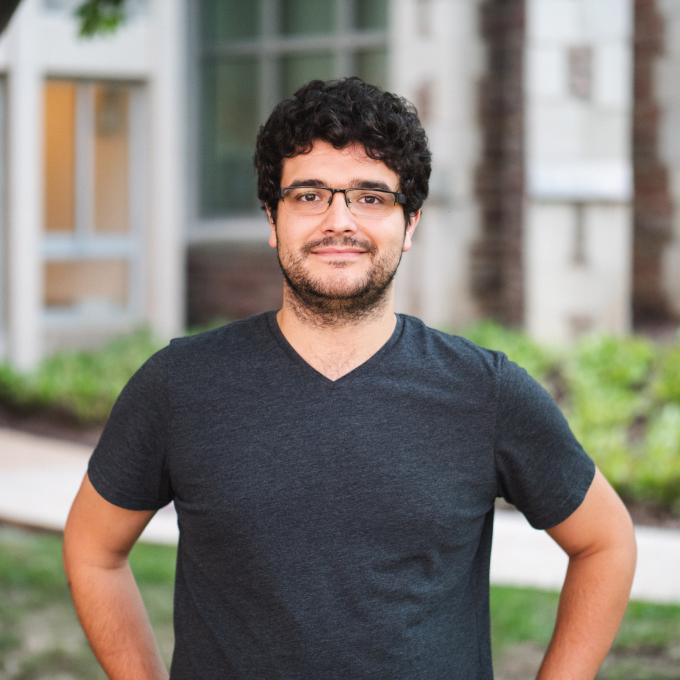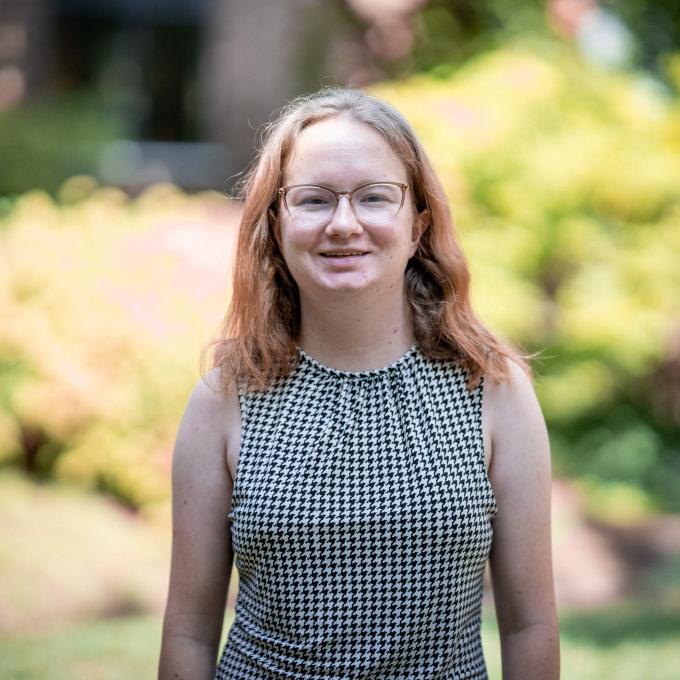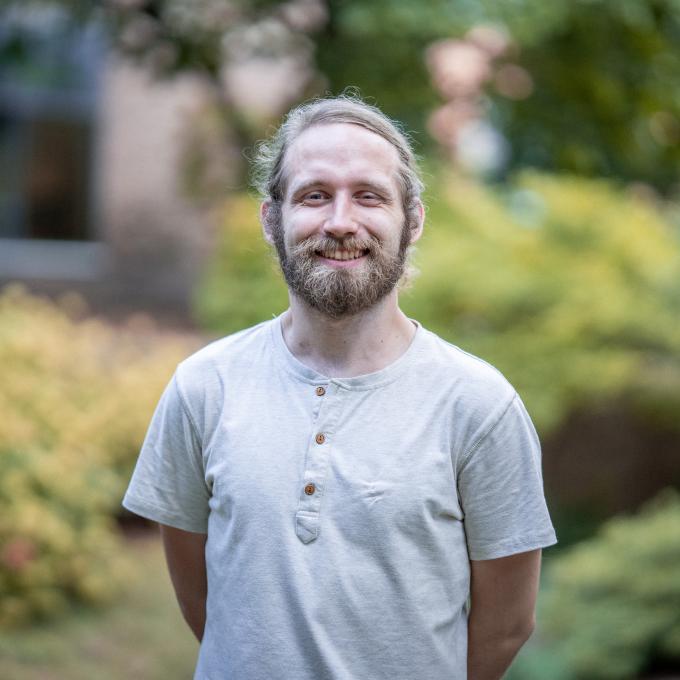Our Goals
The Physics Equal Opportunity, Study, and Work Climate Committee is focused on opening up the department to physicists from all backgrounds and making it a welcoming place where everyone can thrive and be academically successful. We are invested in making sure that everybody can become a physicist, and in promoting a cultural change in our department to drop stereotypes, prejudices, and micro and macro aggressions.
The committee includes representatives from undergraduate students, graduate students, staff, and all levels of faculty. Everyone in the department is welcome to provide input through email, via in person/zoom meetings, as well as through the anonymous inclusion feedback form. The committee presents at departmental gatherings and organizes informational and training events. Meetings between the committee and similar committees in other departments are aimed at establishing best practices and coordinating across departments.
Equal Opportunity, Study & Work Climate Action Plan
- Improve recruitment and retention practices to reflect best practices that suppress the damaging impact of biases and prejudices.
- Provide suggestions for online, hybrid, and hyflex teaching. Please check out the recommendations compiled by the Center for Teaching and Learning.
- Work with the department to include a plan for physics majors with low or limited previous exposure to physics/calculus, and to develop a PairUP program aimed at increasing communication among first year undergraduates and the rest of the department.
- Work on identifying research fellowship opportunities, and scholarship possibilities for students and scholars for all levels of prior preparation.
- Prepare code of conducts and policies to help facilitate the cultural change and the development of a bias-free and bullying-free working and learning environment.
- Organize community events that reach all our students, faculty, and staff.
- Support our international colleagues and create the best environment for all.
- Support all members of our community so we can all thrive.

